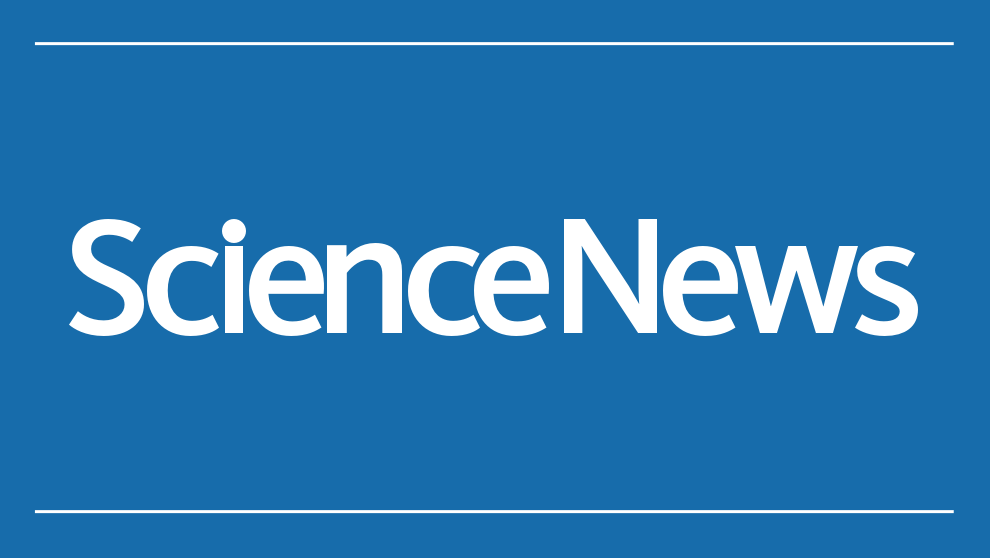In her role as the editor in chief of Science News, Nancy Shute delves into the challenging and multifaceted issue of chronic pain. She highlights the complexity of this condition, which affects millions of individuals across the globe. Chronic pain is not simply a physical sensation; it also has psychological and emotional components that can greatly impact a person’s quality of life. Shute points out that current treatments for chronic pain often fall short, and more research is needed to develop more effective interventions. By shedding light on the nuances of chronic pain, Shute aims to increase awareness and understanding of this widespread issue.
Shute also discusses the spread of diseases, emphasizing the interconnected nature of the global ecosystem. Diseases can easily travel across borders and continents, posing a threat to public health worldwide. Shute highlights the importance of tracking and monitoring infectious diseases to prevent outbreaks and pandemics. She underscores the need for collaboration between countries and organizations to effectively combat the spread of diseases. By bringing attention to this issue, Shute aims to encourage proactive measures to protect populations from the potential devastation of epidemics.
On a lighter note, Shute also touches on the intriguing topic of training crocodiles to avoid eating certain toads. This unusual approach is aimed at protecting endangered species of frogs from the predatory behavior of crocodiles. By conditioning crocodiles to associate the taste of cane toads with an unpleasant experience, researchers hope to deter them from consuming these toxic amphibians. This innovative method demonstrates the creative approaches scientists are taking to address conservation challenges and protect vulnerable species. Shute highlights the importance of thinking outside the box and exploring unconventional solutions to environmental threats.
Overall, Shute’s discussions encompass a range of topics, from the complexities of chronic pain to the global challenges of disease spread and conservation efforts. Through her thoughtful analysis and engaging narrative, she sheds light on important issues and encourages readers to think critically about the world around them. Shute’s work as the editor in chief of Science News serves to educate and inform the public on scientific developments and discoveries, helping to bridge the gap between researchers and the general population. By sharing these stories and insights, Shute inspires curiosity and fosters a greater appreciation for the wonders of the natural world.
As editor in chief, Shute plays a crucial role in shaping the content and direction of Science News. With a background in journalism and a passion for science, she brings a unique perspective to the publication. Shute’s dedication to providing accurate and engaging science reporting is evident in her thoughtful commentary and analysis. By highlighting issues such as chronic pain, disease spread, and conservation efforts, Shute aims to spark conversations and inspire action. Her work serves as a reminder of the importance of science communication in fostering understanding and collaboration in an increasingly interconnected world.
In conclusion, Nancy Shute’s discussions on chronic pain, disease spread, and crocodile training offer valuable insights into the complexities of the natural world. Through her work as the editor in chief of Science News, Shute strives to educate and inform readers on important scientific topics and developments. By addressing these issues with a combination of expertise and enthusiasm, she enhances public understanding of complex scientific concepts and encourages dialogue and engagement. Shute’s contributions to science communication serve as a testament to the power of journalism in bridging the gap between researchers, policymakers, and the general public.


